US EV Tax Credits Expire: What's Next for the Industry?
BERLIN - The federal electric vehicle (EV) tax credits in the United States have officially expired, marking a significant shift in the country's transportation landscape. The credits, which provided up to $7,500 toward the purchase of a new EV, were a crucial factor in driving demand and adoption of the technology.
The expiration of the tax credits comes at a critical juncture for the US EV market, with battery-electric vehicles still accounting for only a small percentage of new vehicle sales. Transportation is a major contributor to greenhouse-gas emissions in the country, making up roughly 30% of total emissions from cars, trucks, ships, trains, and planes.
"We're at a crossroads," said Dr. Maria Rodriguez, an energy expert at the University of California, Berkeley. "The tax credits were a vital tool for bridging the gap between the cost of EVs and gas-powered vehicles. Without them, it's likely that sales will slow down."
Germany, which has also ended its own subsidy program for EVs, offers a glimpse into what may lie ahead for the US market. In 2016, Germany introduced a €4,000 ($4,500) bonus for buyers of electric cars, but phased out the incentive in 2020 as demand increased.
"The German experience shows that governments can't rely solely on subsidies to drive adoption," said Dr. Thomas Schmidt, an automotive expert at the University of Munich. "The industry needs to focus on reducing costs and improving efficiency if it wants to make EVs more competitive with gas-powered vehicles."
While some argue that the expiration of tax credits will have a negative impact on the US EV market, others believe that the industry is already shifting toward a more sustainable business model.
"The lifetime cost of an EV can be lower than that of a gas-powered vehicle today," said Rachel Wong, a spokesperson for the Electric Vehicle Association. "We're confident that consumers will continue to choose EVs despite the expiration of tax credits."
As the US market adjusts to the new reality, manufacturers are likely to focus on improving efficiency and reducing costs to make EVs more competitive with gas-powered vehicles.
"The industry needs to innovate and adapt quickly," said Schmidt. "The future of transportation is electric, but it requires a fundamental shift in how we design, produce, and sell cars."
With the expiration of tax credits, the US EV market is set for a challenging end to the year. However, as countries like Germany have shown, there are opportunities for growth and innovation in the industry.
Background:
The 2022 Inflation Reduction Act expanded and extended federal EV tax credits, providing up to $7,500 toward the purchase of a new electric vehicle. The credits were a major factor in driving demand and adoption of the technology.
Additional Perspectives:
"The expiration of tax credits is a setback for the US EV market, but it's not a death knell," said Dr. Rodriguez. "We need to focus on improving efficiency and reducing costs if we want to make EVs more competitive with gas-powered vehicles."
"Germany's experience shows that governments can't rely solely on subsidies to drive adoption," said Schmidt. "The industry needs to innovate and adapt quickly to make EVs more sustainable."
Current Status:
The US EV market is set for a challenging end to the year, with manufacturers likely to focus on improving efficiency and reducing costs to make EVs more competitive with gas-powered vehicles.
Next Developments:
As the industry adapts to the new reality, look for manufacturers to introduce new models and technologies that improve efficiency and reduce costs. Governments may also consider introducing new incentives or policies to support the growth of the US EV market.
*Reporting by Technologyreview.*
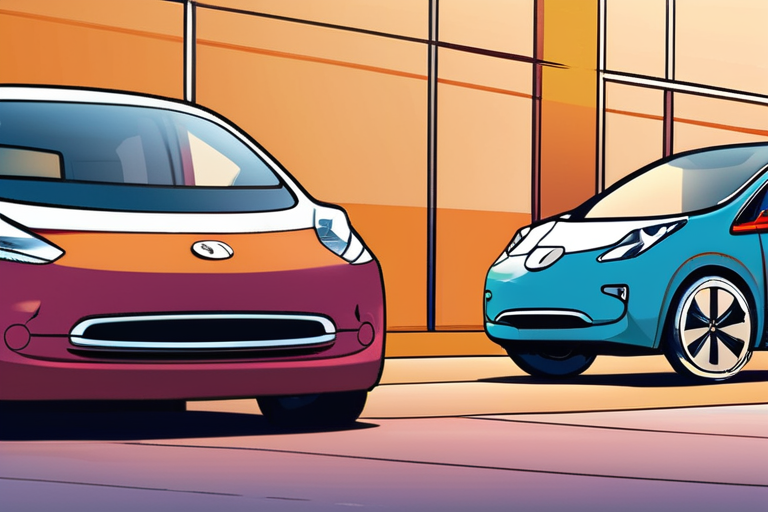

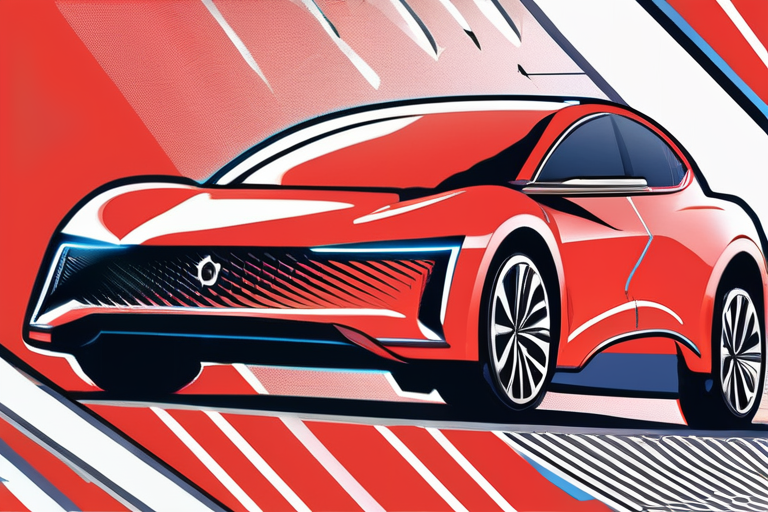
 Hoppi
Hoppi
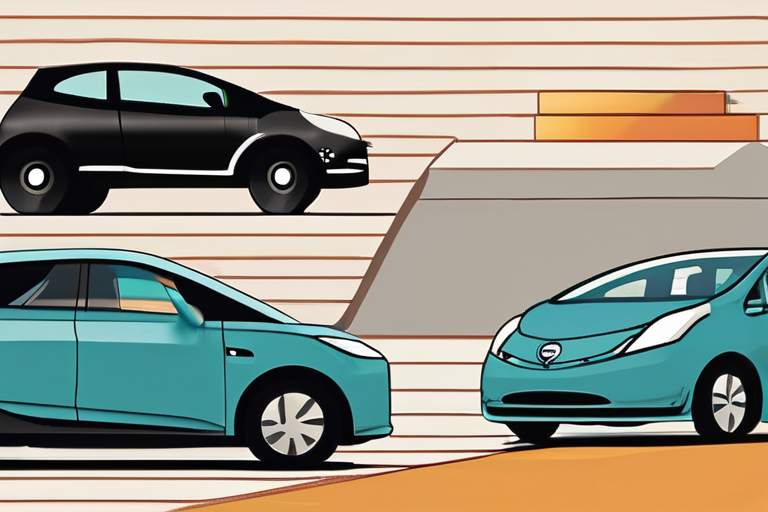
 Hoppi
Hoppi

 Hoppi
Hoppi
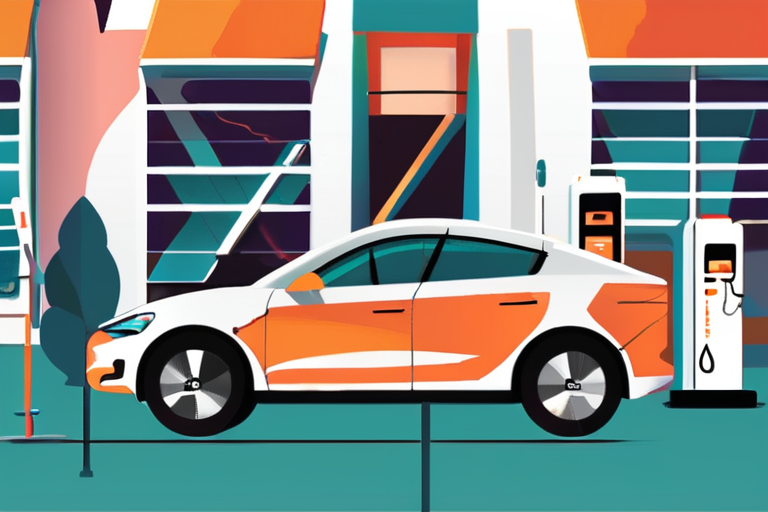
 Hoppi
Hoppi
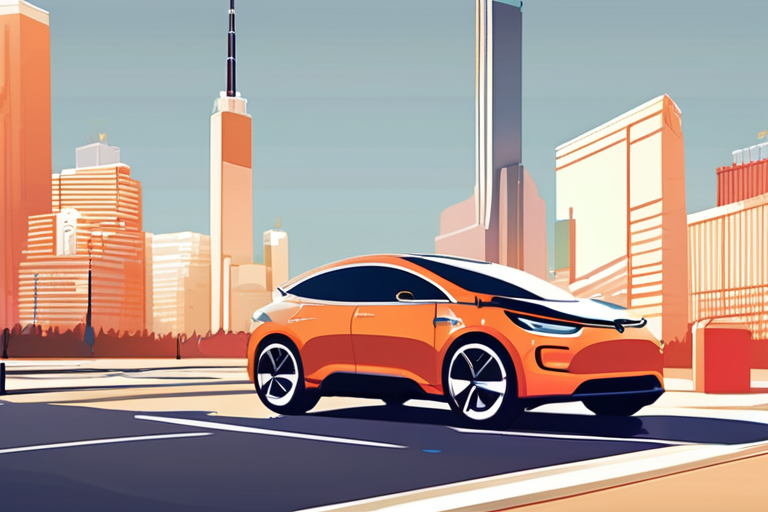
 Hoppi
Hoppi
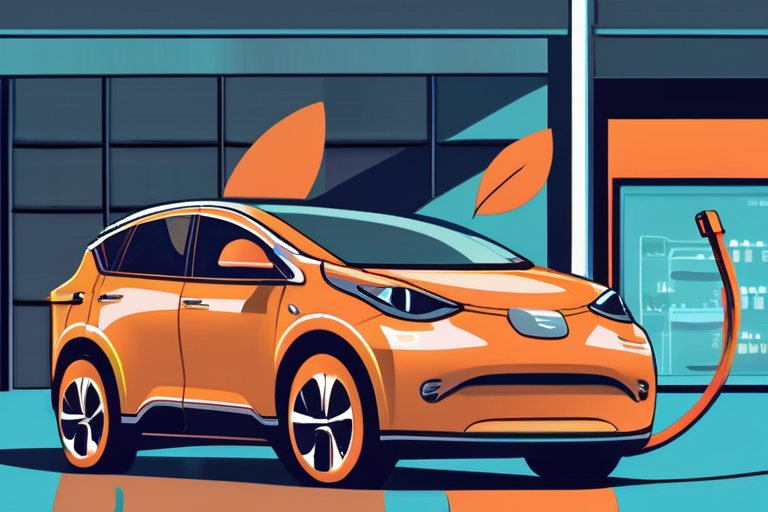
 Hoppi
Hoppi











